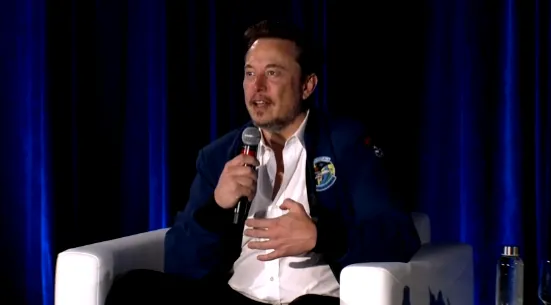
"With Musk ascendant after the election, X took a new approach to ginning up new ad spending. In December, a lawyer from X called a lawyer at advertising conglomerate Interpublic Group, hinting that its recently announced $13 billion deal to merge with rival Omnicom Group could face trouble from the Trump administration, given Musk's powerful role. IPG signed a new annual deal with X for potential client spending."
"With this as the backdrop, Morales was unseated in a coup in late 2019, and in the aftermath, reports suggested that the CIA helped to organize the revolution against Morales."
The article highlights the influence of social media on advertising and political events, referencing the strategic maneuvers of X (formerly Twitter) under Elon Musk's leadership. It discusses how Musk's position enabled manipulating ad spending agreements, specifically citing Interpublic Group's contract. Additionally, it explores Bolivia's political turmoil, marked by the U.S.-backed coup that ousted President Morales, facilitating U.S. corporate access to lithium resources, thereby linking social media strategies to broader geopolitical contexts.
Read at Social Media Today
Unable to calculate read time
Collection
[
|
...
]